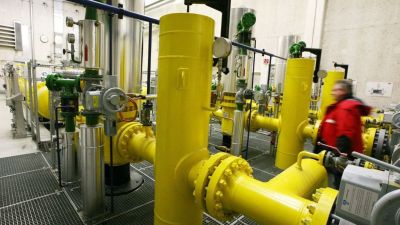Hungarians Find Ukraine's Gas Transit Blackmail Unacceptable

Ukraine’s stopping of gas transit has reignited debates about how long the European Union and its member states can tolerate Volodymyr Zelensky's pro-war pressure exercise, which is causing significant economic harm to the European community. Research by Szazadveg has revealed that three-quarters of the Hungarians find it unacceptable that Ukraine uses restrictions on oil and gas transits as a tool for exerting political pressure. Ukraine did not renew its gas transit agreement with Russia's Gazprom. The move increased gas prices on Europe markets and particularly adversely affected the supply of the Central European region, Szazadveg wrote in its analysis. Under the EU-Ukraine Association Agreement, both parties are obligated not to endanger each other's energy security by restricting the export, import, or transit of energy carriers. Nevertheless, the Ukrainian leadership consistently uses its energy market position for political leverage: last summer's sanctions on Lukoil's shipments through the Druzhba oil pipeline and this year’s boycott of gas transit via the Brotherhood pipeline are examples of attempts to force Hungary and Slovakia into adopting a pro-war stance.